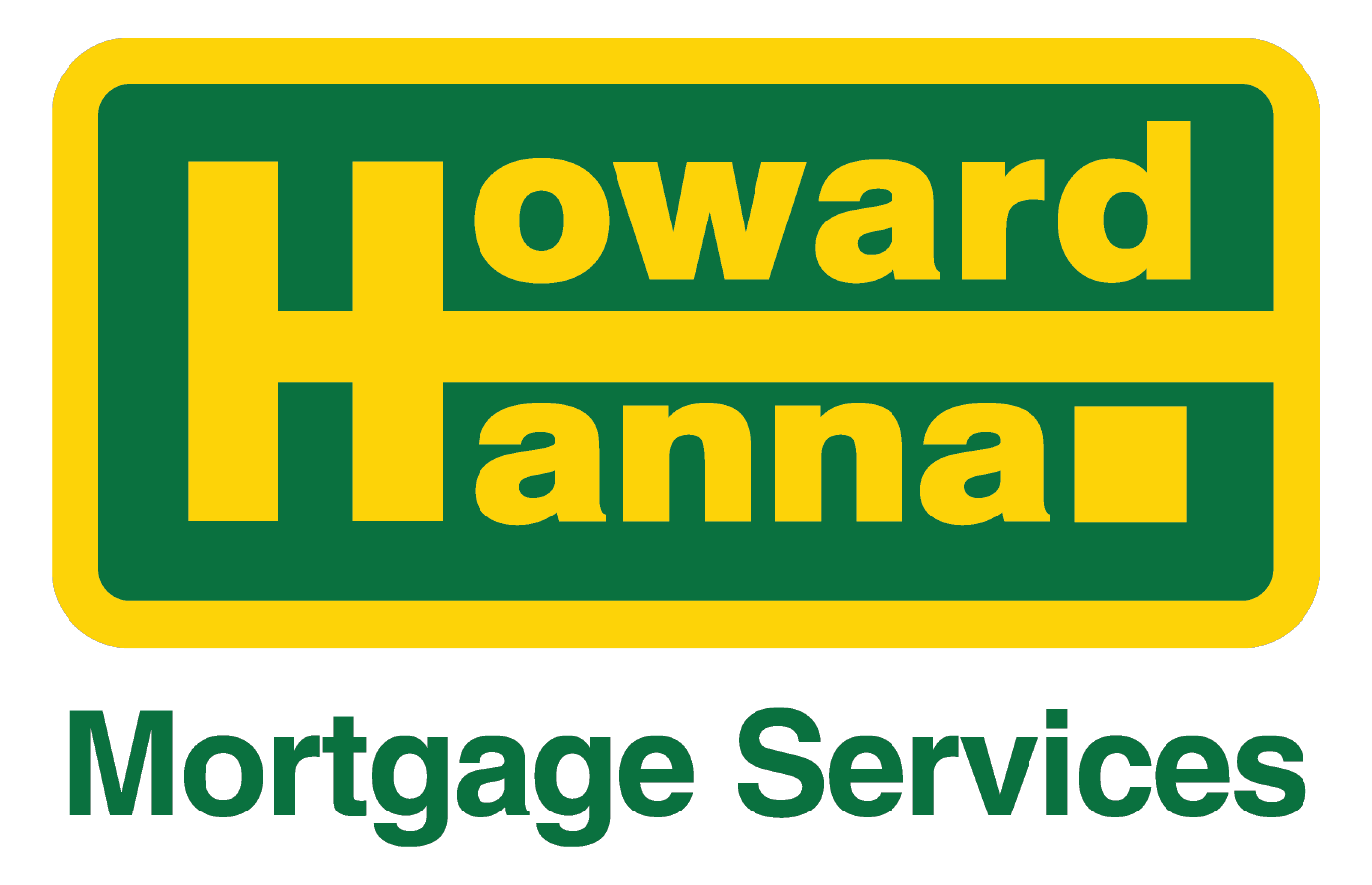Skip main navigation
×
Mortgage

Tucker Mortgage is now Howard Hanna Mortgage Services
We are excited to announce that Tucker Mortgage is now part of Howard Hanna Mortgage Services, the 3rd largest real-estate-owned mortgage company in the country.
Howard Hanna Mortgage offers local mortgage consultants, a variety of mortgage products and programs, competitive financing, in-house underwriting, and faster turnaround and closing times.
We look forward to helping you finance your home purchase or refinance your current loan.
